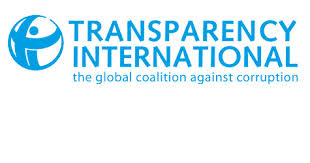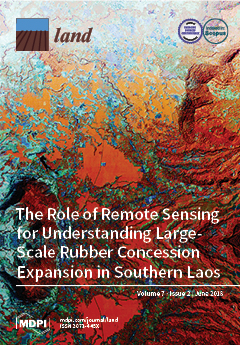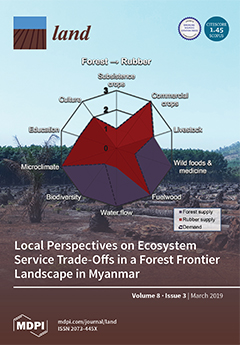Harbour Boards Dry Land Endowment Revesting Act (No. 104 of 1991).
The aim of this Act is to provide for certain endowments of dry harbour land to be revested in the Crown or reserved for certain purposes, and to amend certain enactments. Section 4 empowers the Governor-General to declare specified lands vested in local authorities to be revested in the Crown for purpose of conservation (under the Conservation Act 1987), or for the purpose of creating reserves under the Reserves Act 1977.






